
Health topics
Aging
Hometown Health Blog

Household safety checklist for senior citizens
Poor lighting, loose rugs and lack of handrails in the home can lead to injuries for older adults. Follow this checklist to identify possible safety issues in or around your home or that of a loved one.

Managing medications for aging parents
Some medications need to be closely monitored, which can be a challenge for some older people. Get tips for helping aging parents with their medications so you both can have peace of mind.
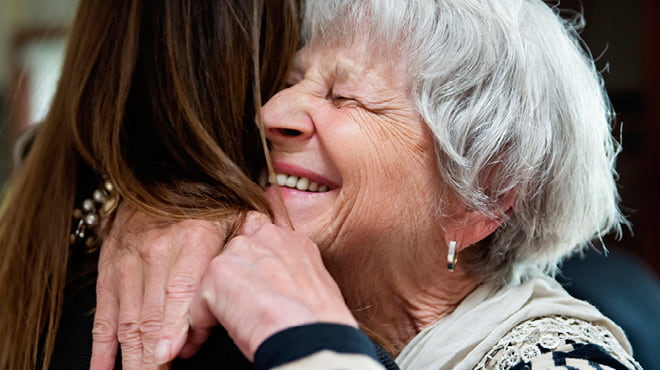
Common questions about Medicare annual wellness visits
Discover the preventive health benefits available to Medicare recipients through annual wellness visits. Get answers to common questions about this visit that can guide you toward optimal well-being.
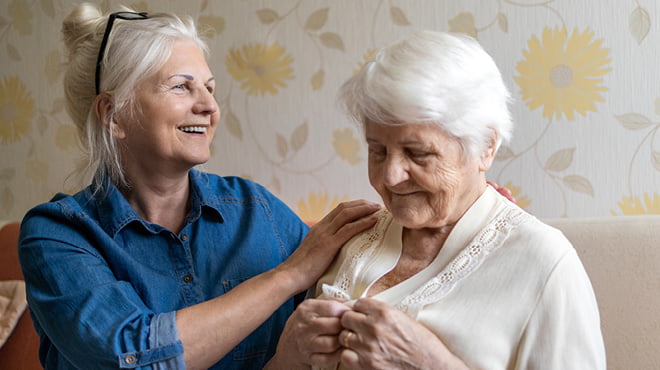
Finding balance: Tips for managing caregiving and self-care
Caregiving can be a rewarding time for you and your loved one, but it's vital to be mindful of your needs and emotions. Get tips to share the responsibility, and learn how to recharge your well-being.

Staying healthy as you age: Medicare Annual Wellness Visits explained
Getting older has benefits, like being eligible for a Medicare Annual Wellness Visit. Find out how this snapshot of your health gives you a personalized prevention care plan for a healthy future.
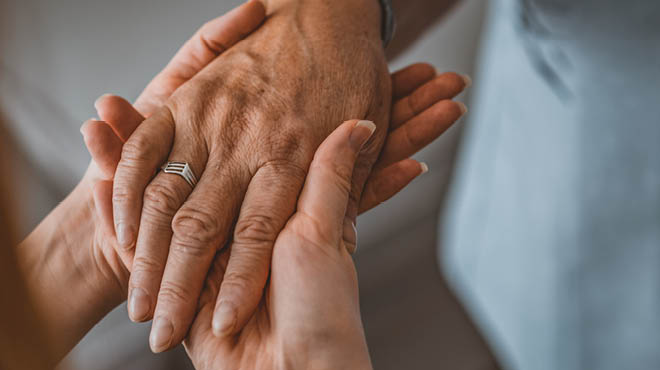
Dementia-related pain: What caregivers need to know
Up to 80% of people with dementia experience pain. Learn how to recognize it and advocate for pain management for your loved one.
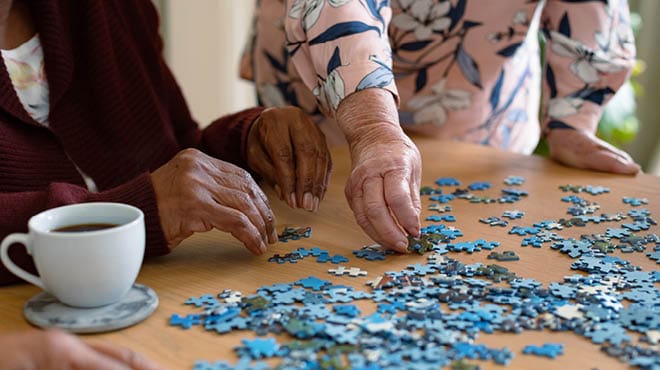
6 tips to keep your brain healthy
Changes to your body and brain are normal with age. Yet there are some things you can do to help slow the decline in memory and lower your risk of developing Alzheimer’s disease or other dementias.

When to seek help for memory loss
Several conditions — not just Alzheimer's disease — can cause memory loss in older adults. Find out why getting a prompt diagnosis and appropriate care is important.

Now is the right time for advance directives
The best time to make an advance care plan is now. Starting a conversation about advance health care planning can be challenging, but it’s important. Here's what you need to know to get started.
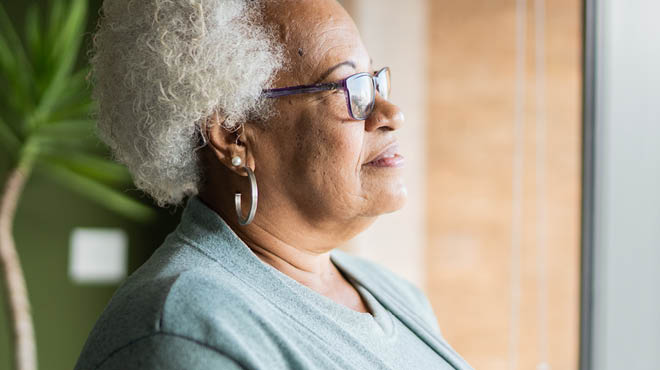
Don't leave your health decisions to chance
It’s easy to put off making important decisions in life, especially documenting your health care wishes. But doing so can bring peace of mind and lead to better future health outcomes.

Memory lapses: Normal aging or something more?
Memory lapses and modest decline in thinking skills are common with age. How do you know it's a sign of something more? Learn what to watch for and get tips for coping with memory loss.

Don’t be bad to the bone: How to preserve bone mass
By age 30, your bones may have already started to lose mass — one of the first signs of osteoporosis. Learn who's at greatest risk and what you can do to maintain bone mass.






